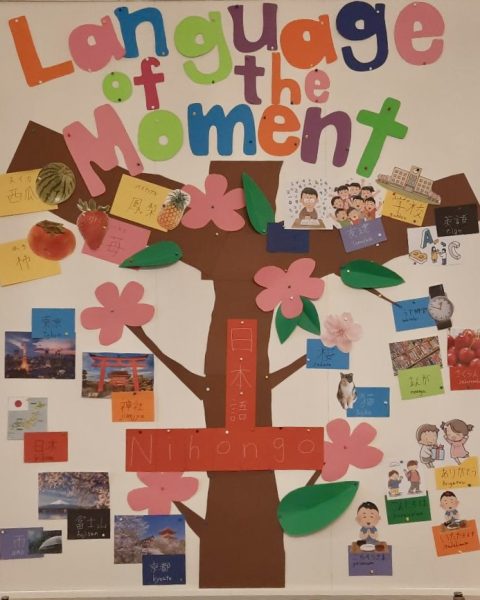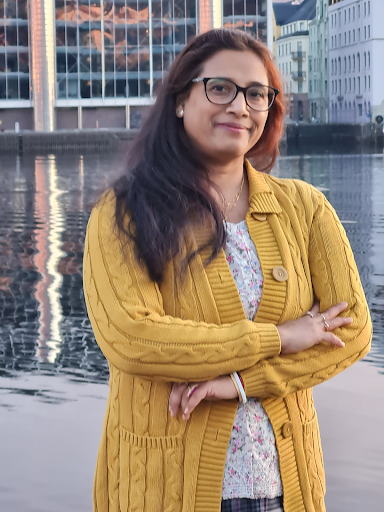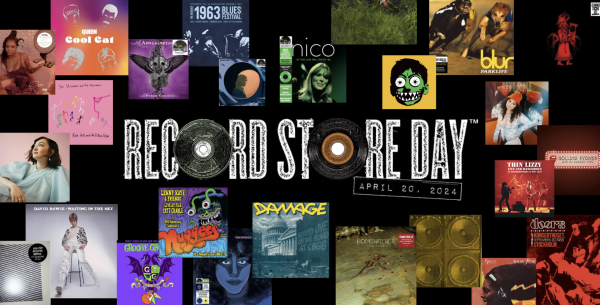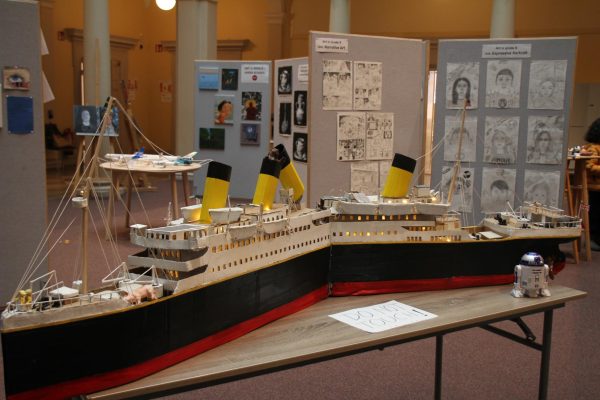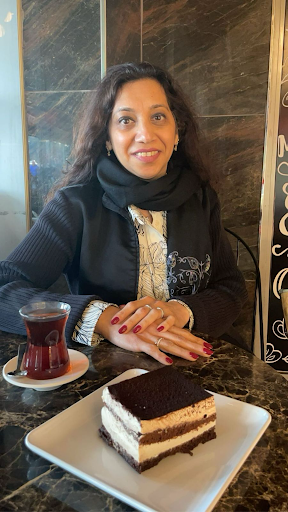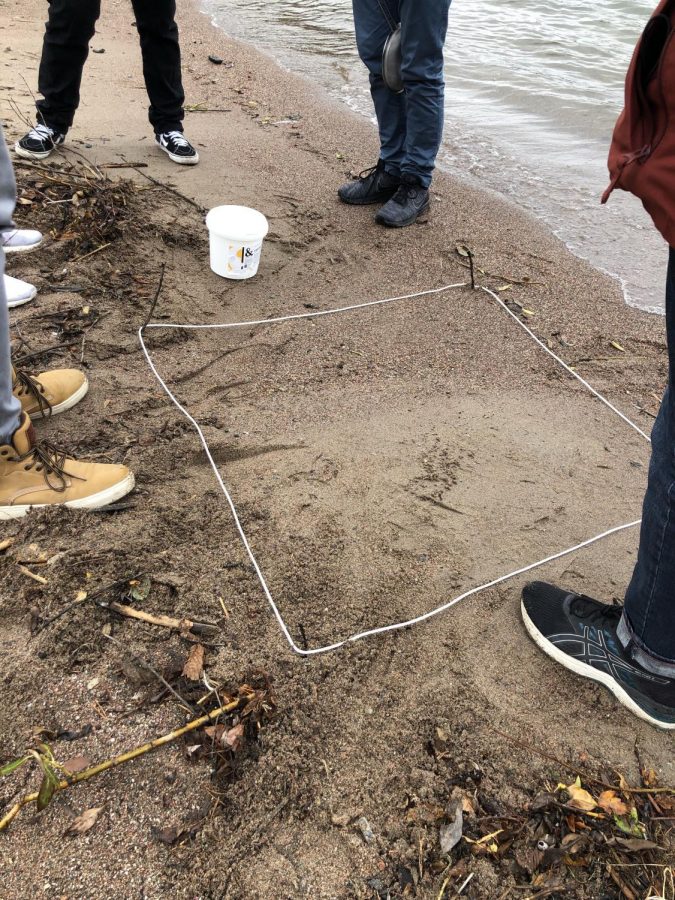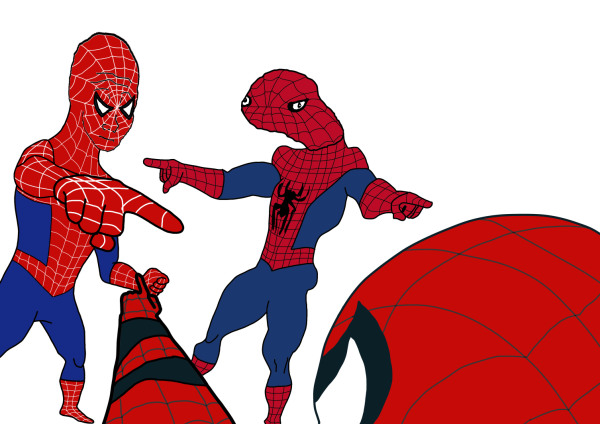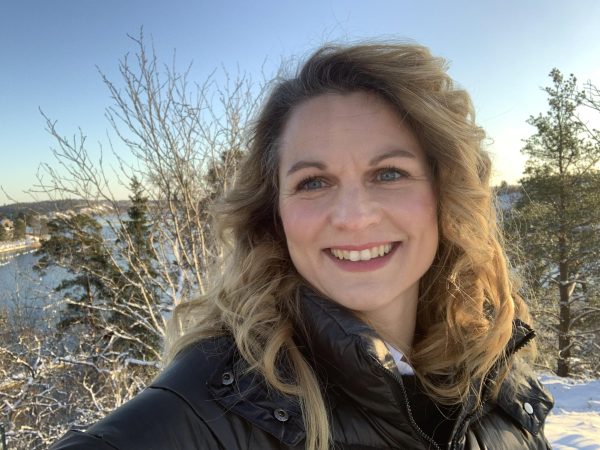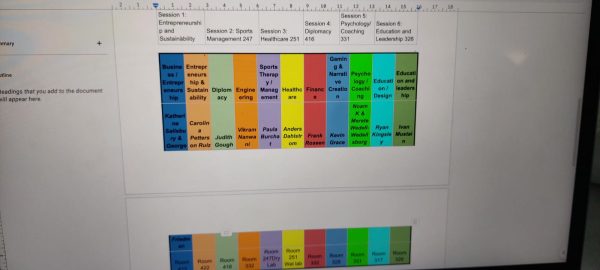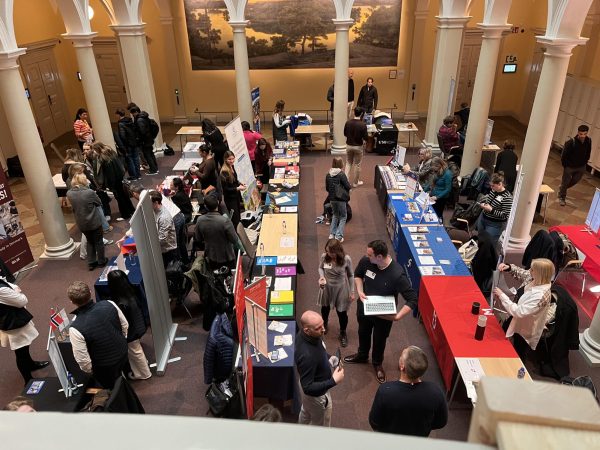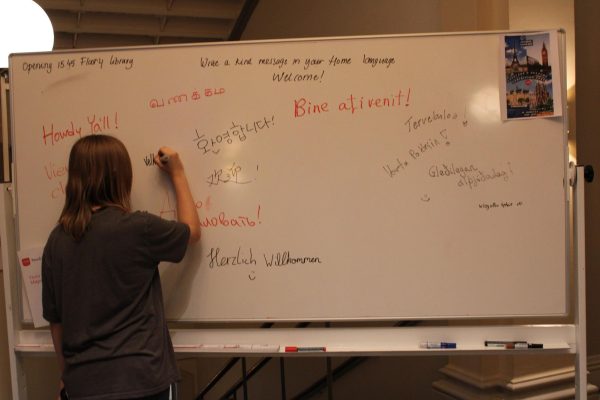Micro Plastic Quest
We have all heard of the Great Paicific Garbage Patch (GPGP) in the middle of the Pacific Ocean and its ongoing threat to marine life. Unfortunately, all that plastic doesn’t decompose like organic products. It turns into smaller pieces that are even harder or nearly impossible to remove from the ocean. This event is one of the most serious tragedies the world is facing today.
In hopes of helping the University of Portsmouth with a study on micro plastics in the ocean, the grade 11 SIS students went on a quest to the beach in search of micro plastics that might have been washed up on the sand. They were split into two groups. One went to Långholmen and the other one to Kungsholmen.
This survey can be done by anyone just by using your daily household tools like: rope, a sieve, a bucket and a spoon. This experiment will help the University of Portsmouth by identifying where the bits of plastic are washing up and in what quantity.
The University of Portsmouth gives a guide on how to get the plastics and how to classify them according to their size or origin. If you are interested you can do this yourself by joining the project at microplastic survey.
When we went to the beach we where instantly greeted by the cold weather and the smell of wet sand. Though the beaches weren’t that big, we were still able to find various objects like bottle caps, polystyrene, plastic packaging, and a lot more. Around the area we were conducting the experiment we were also able to find objects like cigar butts and a bit of glass (probably from broken bottles of beer).
In the end we decided that we would throw the found objects that weren’t going to the University in the trash near by, because what would be the point in doing the survey if you ignore the rest of the trash on the beach (luckily the beach was small and it was a lot easier to clean).
We did this are part of CAS – creativity, activity, and service. This is part of the Diploma Program that all the students in grade 11 and 12 have to complete. It was positive and we enjoyed the experience and managed to stay dry.


